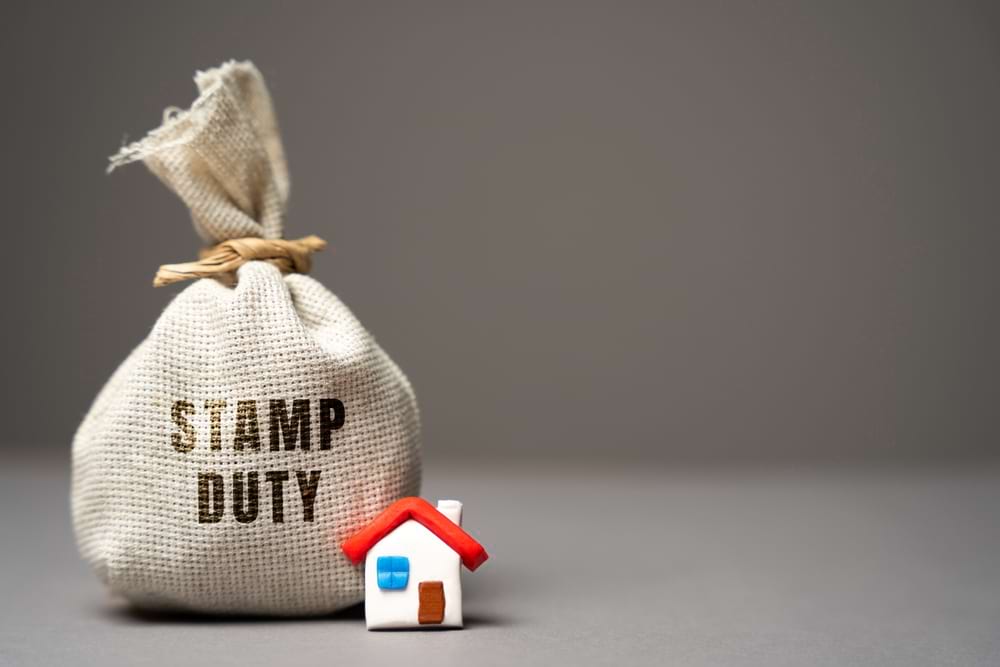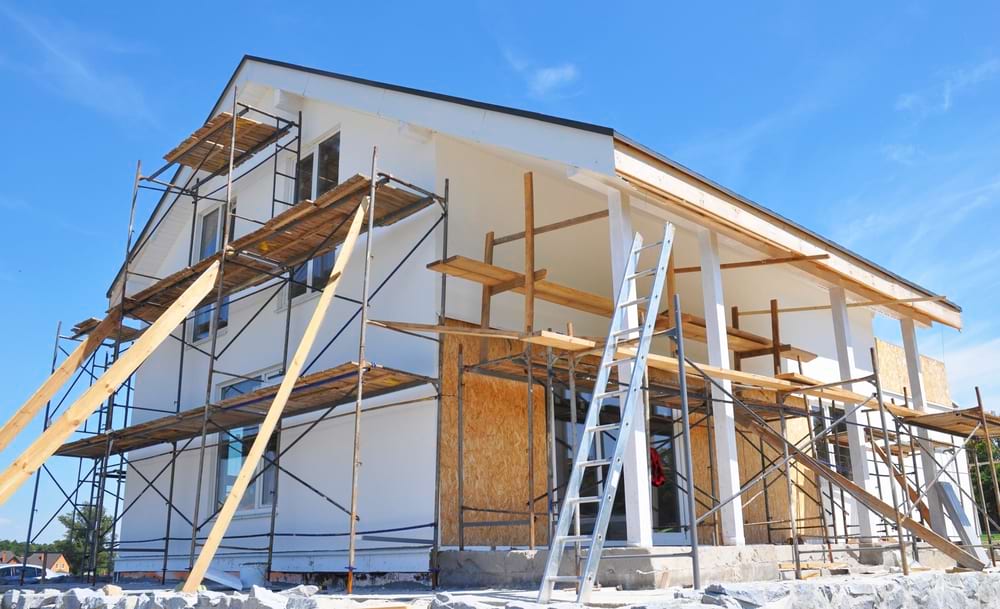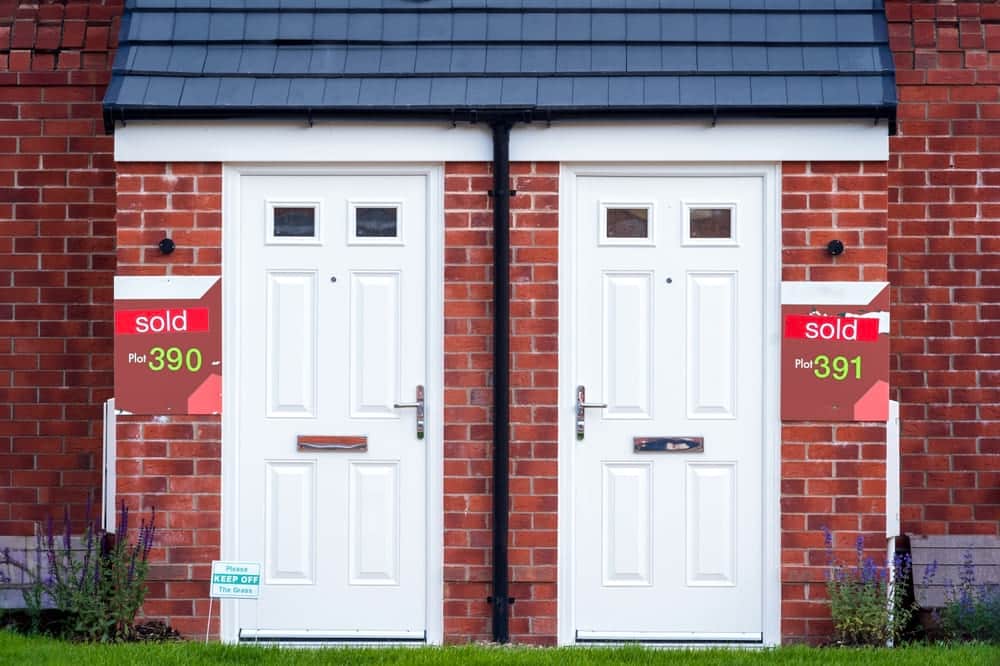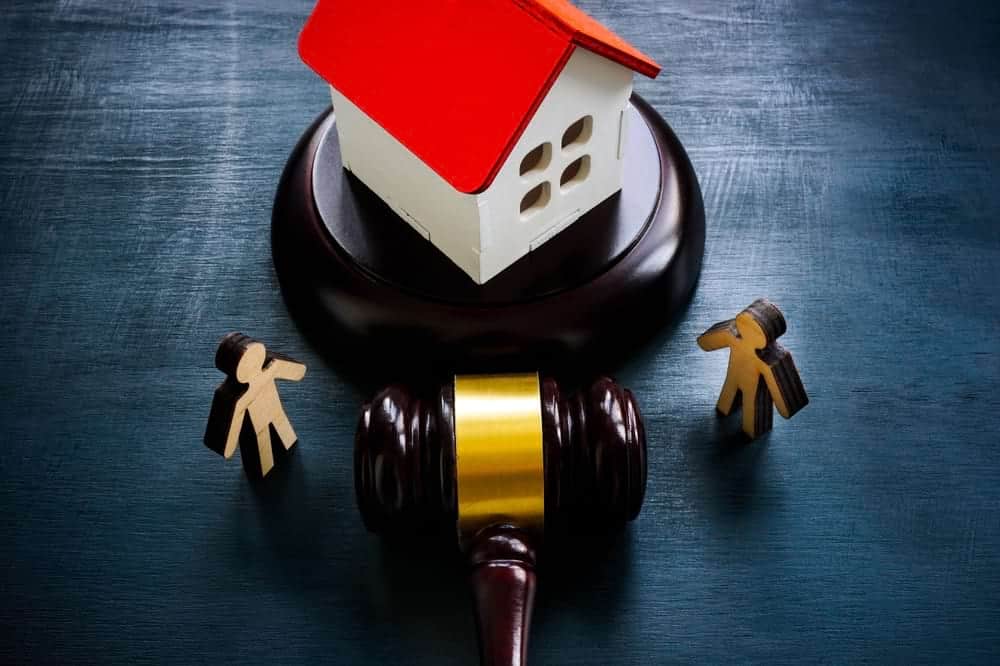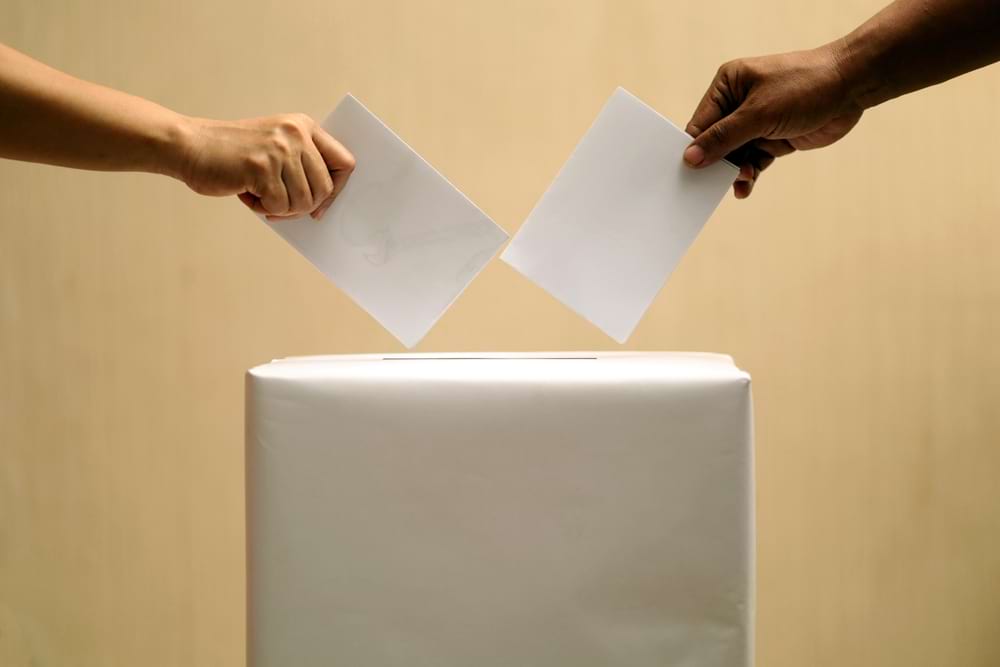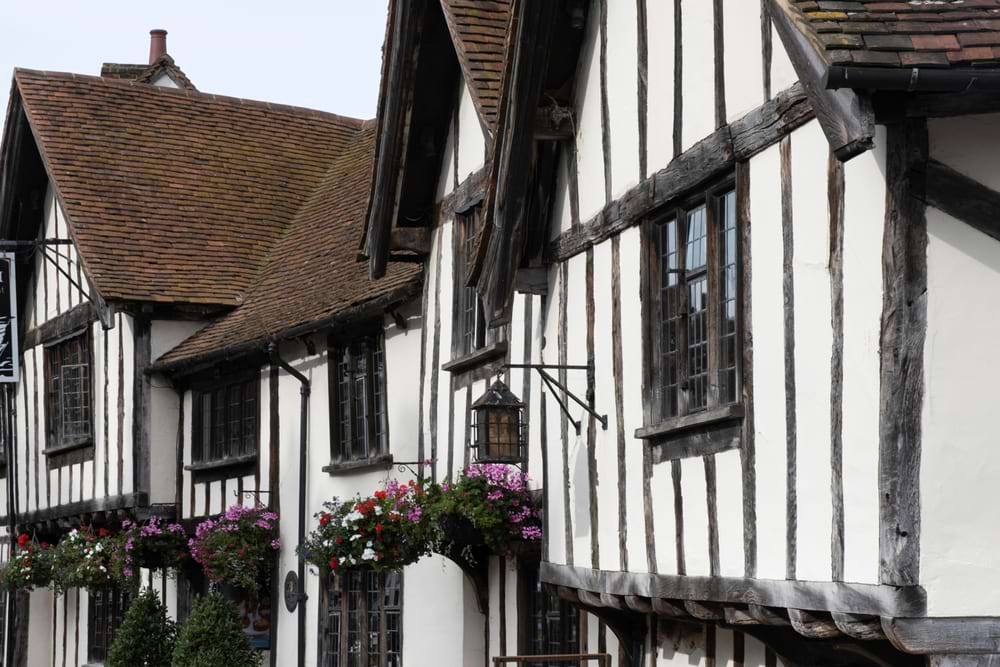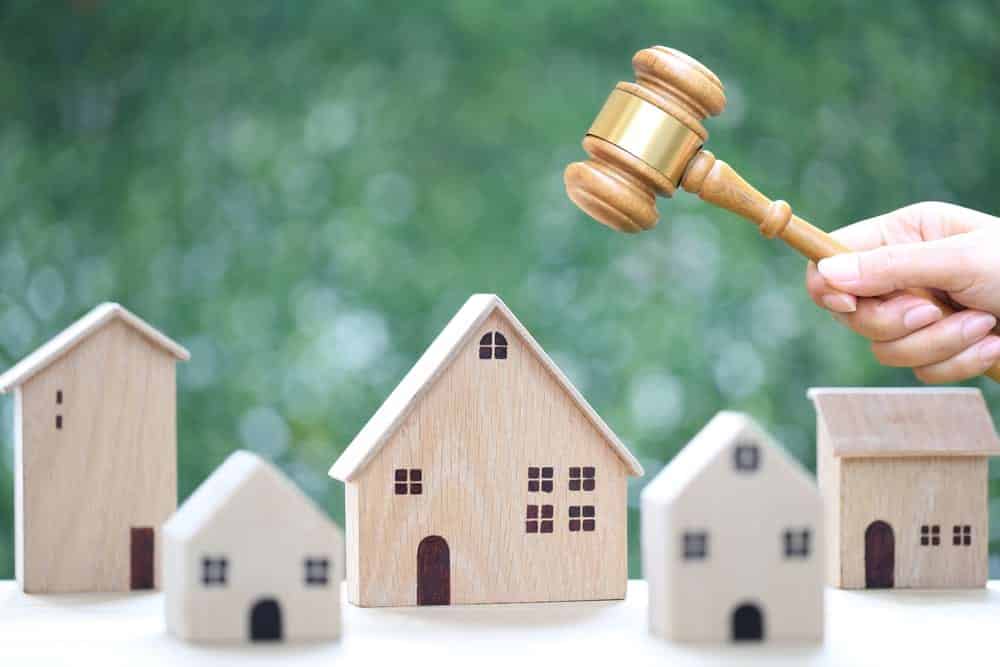Buying and selling a house inevitably involves taxes.
And one of the most common examples is ‘Stamp Duty’.
It’s been around for hundreds of years. Yet many of us still don’t understand exactly when it is charged.
Keep reading to find out if cash buyers pay stamp duty.
What is Stamp Duty?
Stamp duty is a tax in the United Kingdom. You pay this when you buy a property that’s valued above a certain amount.
This tax exists in Wales and Scotland under different names.
- In Scotland, it’s known as the Land and Buildings Tax
- In Wales, it’s called the Land Transaction Tax.
Current stamp duty thresholds
At the time of writing, stamp duty applies when you buy a residential property valued at above £250,000.
For non-residential land and properties, the threshold drops to £150,000.
And if you’re a first-time buyer and the house is worth less than £625,000, the threshold is £425,000.
Keep in mind that these numbers can often change as time passes. You should thus double-check the latest legislation.
Do cash buyers pay stamp duty?
Yes, cash buyers pay stamp duty.
These individuals and companies don’t get an exception because they’re paying in cash.
As a cash buyer, you should factor stamp duty into your budget when preparing for a house transaction.
And remember to to keep an eye out for stamp duty holidays.
Is the situation different for companies that are buying in cash?
Not all cash buyers are individuals.
There are specialist cash-buying companies, too. And some investors purchase multiple properties with cash.
If this applies, you’ll need to research how the rates change.
For example, Stamp Duty Land Tax (SDLT) is charged at 17% on residential properties costing more than £500,000 bought by certain corporate bodies or ‘non-natural persons’.
Potential reliefs
But there may be relief available in some situations, such as:
- Using the house in a property rental business
- The house is occupied by employees of the buyer
- It’s a farmhouse
- The house is part of a trade, which involves making it open to the public.
Visit the UK government website for more details about corporate bodies’ varied stamp duty rates and surcharges.
Are there any tax advantages to buying a house in cash?
Not directly. You’re still subject to the same thresholds and tax payments. You’ll still pay the same Capital Gains Tax and Council Tax levels.
In some cases, you may be able to claim back VAT on expenses. But only if you’re a VAT-registered organisation that’s buying in cash.
You should thus keep your receipts and get advice from an accountant, just in case.
Do I need a solicitor when buying a house with cash?
You should always get a solicitor to support you when buying a house. This applies even if you’re buying it using cash.
A couple of lengthy processes involved with house buying are avoided when you use cash.
But most of the important things remain, which your solicitor can help you with, including:
- Giving proof of funds
- Showing source of funds
- Review title documents
- Carry out searches
- Liaise with other parties.
All these things are still needed, regardless of how you choose to pay.
And checks about the source of your funds are often even more stringent for cash buyers.
Your solicitor can also advise you with your tax returns.
As mentioned above, you still need to pay most of these, regardless of whether you used cash.
What happens if I fail to pay Stamp Duty in the UK?
It depends how quickly you realise and notify HMRC.
If you notice within 12 months, you typically must pay interest on the due tax. This is on top of the outstanding tax.
If you notice after 12 months, an extra penalty will be charged.
This varies based on:
- The severity of the issue
- The reasons for delay
- How well you co-operated to correct the situation.
Are Stamp Duty rates changing in the UK?
The latest Autumn Budget announced by Rachel Reeves introduced changes to stamp duty in the United Kingdom.
These come into effect from 1st April 2025.
To start with, the nil rate threshold will drop to £125,000. This is a drop from the previous rate, which is £250,000, and will thus affect more people.
First-time buyers will also be affected. Previously, these people didn’t pay stamp duty for any property over £425,000. But this threshold has dropped to £300,000.
The maximum purchase price for first-time buyers’ relief will also drop. Before the latest budget, it was £625,000, but it’ll now drop to £500,000.
